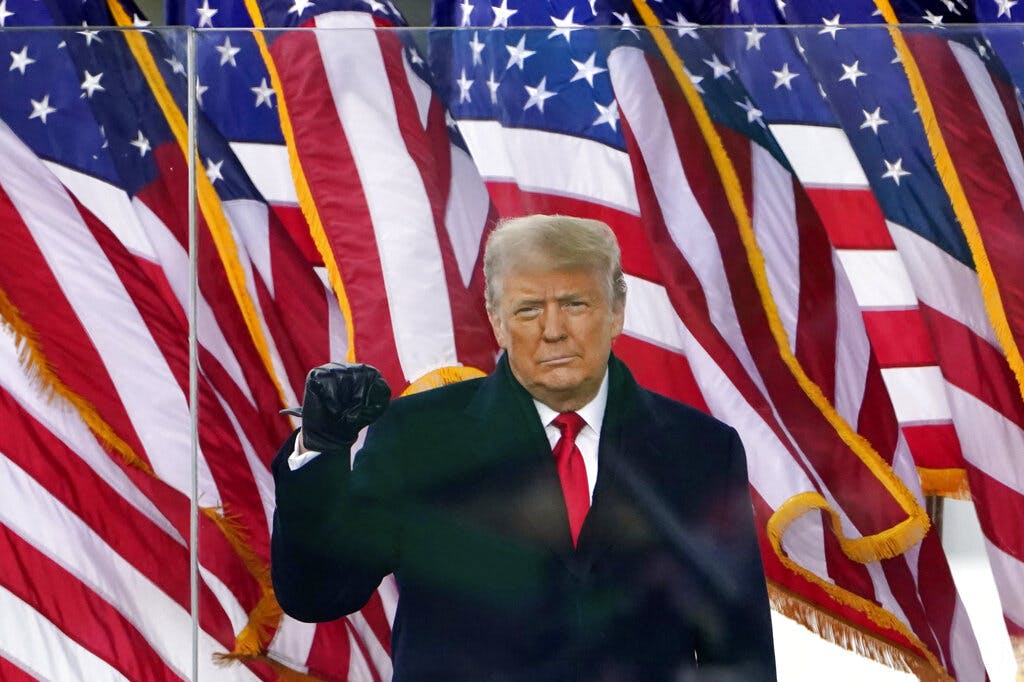The Trump Docket
It could fall to the unelected black-robed jurists to steer America back to its democratic commitments.

Will the Supreme Court be deciding anything this term that is not related to President Trump? Not that it shouldn’t. On the contrary. To the reach of presidential immunity and the viability of many of the January 6 prosecutions we can now add the meaning of the 14th Amendment. Not since Bush v. Gore have the Nine had such a role to play in the choosing of a president. This constitutional chapter, too, is best written by the voters.
The court’s jurisprudence is already pointed in this direction. In Dobbs v. Jackson Women’s Health, Justice Alito, writing for the majority, wrote of how the question of abortion is now “returned to the people and their elected representatives.” In its religious liberty rulings, we see a championing of individual conscience. In the blow struck against affirmative action, a raising up of individuals against racial engineering.
Some of the court’s own recent precedents relate only obliquely to Mr. Trump, but they amount to as good a guide as any. On, say, the immunity question, Special Counsel Jack Smith wants a decision yesterday in order to try to convict Mr. Trump before a possible return to office. If the high court considers the question in its normal course, with a decision in June, it would rule after the primary voters have had their say.
Mr. Trump, meantime, argues to the justices that double jeopardy bars his prosecution in criminal court. That’s because when, in his second impeachment, he was tried in the Senate, he was discovered to be not guilty. To those who see in that “not guilty” verdict a political outcome, we contend that Mr. Smith’s prosecutions, increasingly keyed to the electoral calendar, are no less political. At least that acquittal was rendered by representatives of the states.
Or take the charging of more than 300 January 6 rioters — and Mr. Trump — with violating elements of the Sarbanes-Oxley Act, intended to deter would-be financial fraudsters with its draconian 20-year maximum prison sentence. If Mr. Smith maintains that an insurrection occurred, why dasn’t he seek an indictment on that charge? This could be the kind of overreach for which in the past the court has evinced little patience.
Then there is disqualification. The Colorado supreme court’s ruling that “President Trump is disqualified from holding the office of president under Section 3 of the 14th Amendment to the United States Constitution” swipes from Centennial State voters the choice to vote for — or against — the 45th president. If that decision stands, more states could try to disqualify. What a spectacle that would be — the leading candidate missing from the ballots.
If we were advising President Trump’s foes — not that they asked — we would warn them away from reliance on special counsels and constitutional esoterica. Impeachments, too. There is, we’d argue, a better, less divisive path, both for Mr. Biden and the 45th president’s Republican competition. It’s an old-fashioned device, incredibly difficult to operate but all the more remarkable. It’s called an election.

